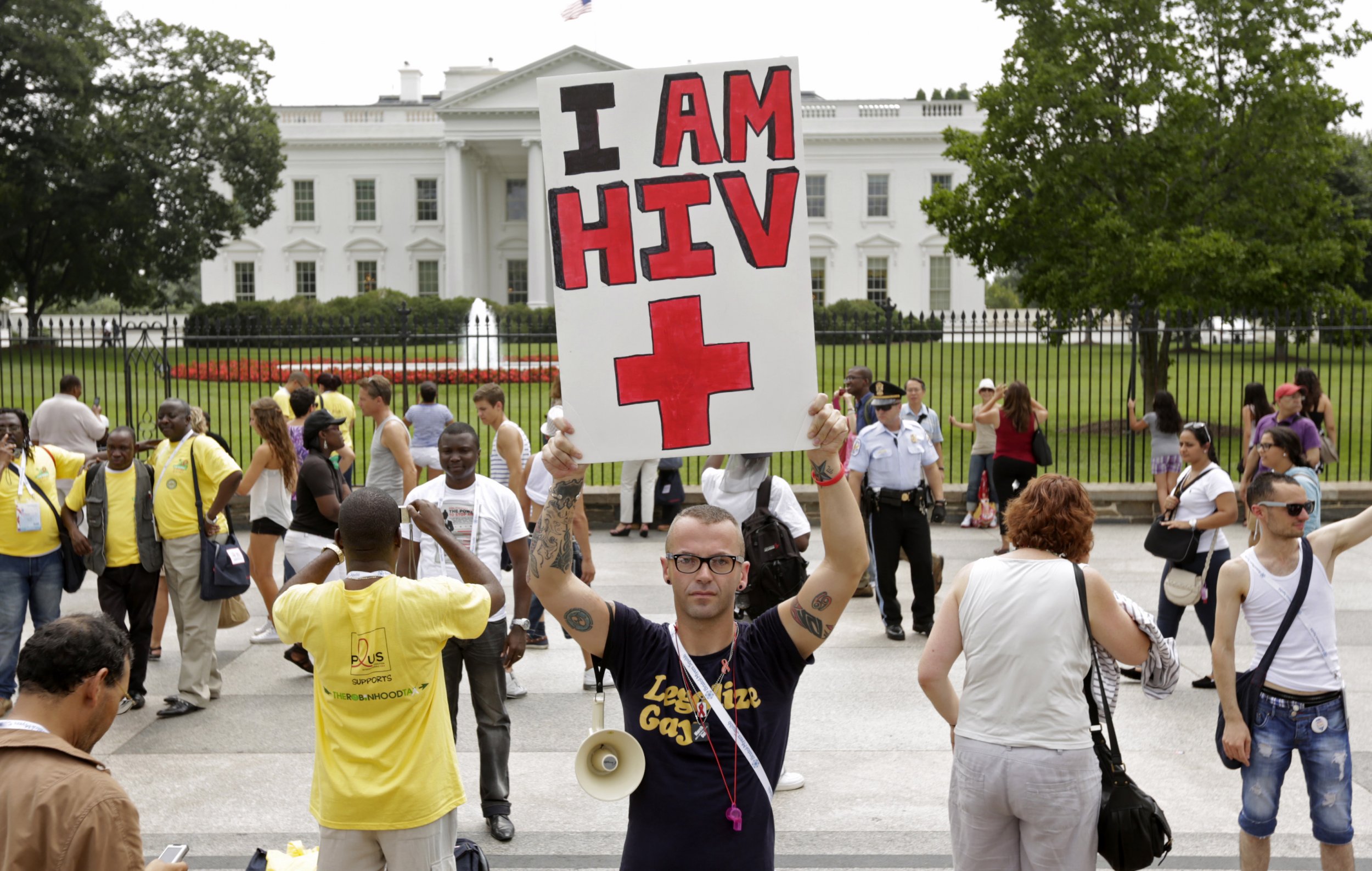
Scientists have long recognized that cancer patients with HIV infections have lower survival rates than cancer patients without the virus. A Journal of Clinical Oncology paper published online today might offer new insight into this phenomenon: Researchers at the University of Pennsylvania found that HIV patients with several early-stage cancers are between some two and four times more likely to go untreated than those without HIV.
The research, which surveyed over 3,000 HIV-infected and one million non-HIV cancer patients between 1996 and 2010, compared the treatment rates for non-Hodgkin lymphoma, Hodgkin lymphoma, as well as cervical, lung, anal, prostate, colorectal and breast cancers, in both groups.
The differences were striking for patients with HIV infections and those without:
- For early stage lymphoma, the number of patients not receiving standard treatment was 43.7 percent for those infected with HIV compared to 35.8 for those without HIV
- For early stage cervical cancer, the HIV percentage was 6.4 versus 4.7 percent for those without HIV
- For early-stage lung cancer, the difference was 33.3 percent compared to 18.5 percent
- For early-stage colon cancer, the disparity was 20.8 percent versus 4.6 percent
- For early-stage breast cancer, 11.1 percent of HIV infected patients did not receive standard treatment compared to 4.8 percent of those without HIV
Taken as a whole (including later stages) lymphoma as well as lung, prostate, and colorectal cancer, HIV-infected patients were nearly two times as likely to go untreated.
"The results of this study are very concerning and require further investigation to understand why such a substantial proportion of HIV-infected cancer patients are not undergoing life-saving treatment," Dr. Gita Suneja, an adjunct assistant professor at Penn's Perelman School of Medicine and lead study author, said in a statement.
Disparities in treatment are poised to become more important in the HIV-infected community. Advances in antiretroviral technology have enabled people with treated HIV to enjoy a life expectancy comparable to non-HIV persons. Because they're living longer, they're increasingly at risk for cancer. Doctors might not be treating these growing ranks of HIV-infected cancer patients adequately because there isn't a lot of good data on treating this group—they're often not included in clinical trials for cancer treatments, according to Suneja.
Because of this exclusion, "oncologists do not know if the best available treatments are equally safe and effective in those with HIV," she said. "Many oncologists rely on guidelines based on such trials for treatment decision making, and in the absence of guidance, they may elect not to treat HIV-infected cancer patients due to concerns about adverse side effects or poor survival."
Monday's news about treatment disparities comes shortly after the publication of another paper detailing problems in HIV/AIDS treatment. Last week, Johns Hopkins University epidemiologist Dr. Chris Beyrer warned in a PLOS Medicine essay that new anti-homosexuality laws might thwart anti-AIDS efforts.
Uncommon Knowledge
Newsweek is committed to challenging conventional wisdom and finding connections in the search for common ground.
Newsweek is committed to challenging conventional wisdom and finding connections in the search for common ground.
About the writer
Before joining Newsweek, Victoria Bekiempis worked at DNAinfo.com New York and the Village Voice. She also completed internships at news ... Read more





